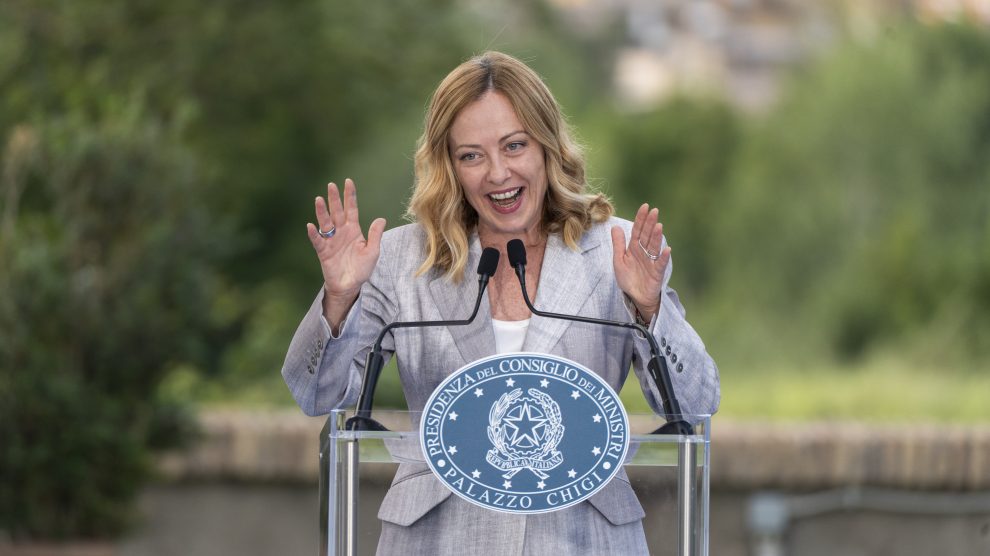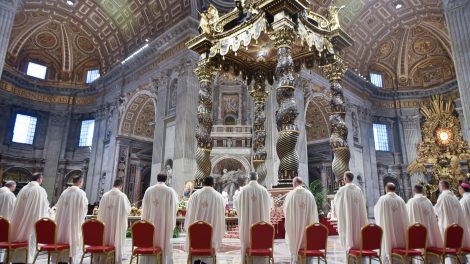Ready to take off. Italian Prime Minister Giorgia Meloni will visit Uzbekistan and Kazakhstan on Thursday and Friday.
- Her trip culminates in the first-ever Italy-Central Asia summit in Astana on Friday.
- The mission underscores Italy’s ambition to position itself as a key EU player and a standalone strategic partner in Central Asia—a region rich in natural resources and geopolitical weight.
- Rome aims to expand its influence in a region traditionally dominated by Moscow and Beijing.
The state of the play. Italy is Kazakhstan’s third-largest trade partner, behind China and Russia.
- In 2024, trade volumes surged 25%, hitting $20 billion—$18 billion of which came from Kazakh oil exports to Italy.
- The summit will bring together the leaders of all five Central Asian republics: Kazakhstan, Uzbekistan, Kyrgyzstan, Tajikistan, and Turkmenistan.
- Talks will focus on energy, rare earth minerals, digitalisation, logistics, infrastructure, and broader cooperation in culture, science, and agriculture.
Rome’s delicate balancing act. Kazakhstan is the region’s economic heavyweight, while Uzbekistan holds demographic and geographic centrality.
- Italy is keen not to alienate either partner, especially amid growing regional cooperation between Astana and Tashkent.
A flashback. In 2019, Italy was the first EU nation to initiate a “1+5” format of consultation with Central Asian countries.
- This laid the groundwork for deeper interregional dialogue, backed by Italy’s foreign and export strategies.
Zoom in: the agenda. Prime Minister Meloni will meet Uzbek President Shavkat Mirziyoyev on Thursday in Samarkand before heading to Astana.
- The meeting will feature new agreements following the signing of 16 memoranda of understanding with Kazakhstan in 2024, 12 of which were commercial.
- Italy is also advancing soft-power diplomacy, including an archaeological exhibition in Rome featuring artefacts from Merv, Turkmenistan, and a feasibility study for restoring the Aral Sea ecosystem.
- Kazakh ambassador to Italy, Yerbolat Sembayev, emphasised in an interview with Agenzia Nova that Italy can serve as a bridge between Europe and Central Asia, calling Rome’s engagement a sign of “strategic vision and sincere interest.”
What we’re watching. Italy is expected to present a sustainable development roadmap for the region, potentially unlocking new EU investments—Brussels recently pledged $12 billion for Central Asia.
- The outcomes of Meloni’s visit could define Italy’s long-term role in shaping the region’s future, where Italian partners, such as those in the Gulf Region and India, could serve as vectors of triangular cooperation in specific projects.





